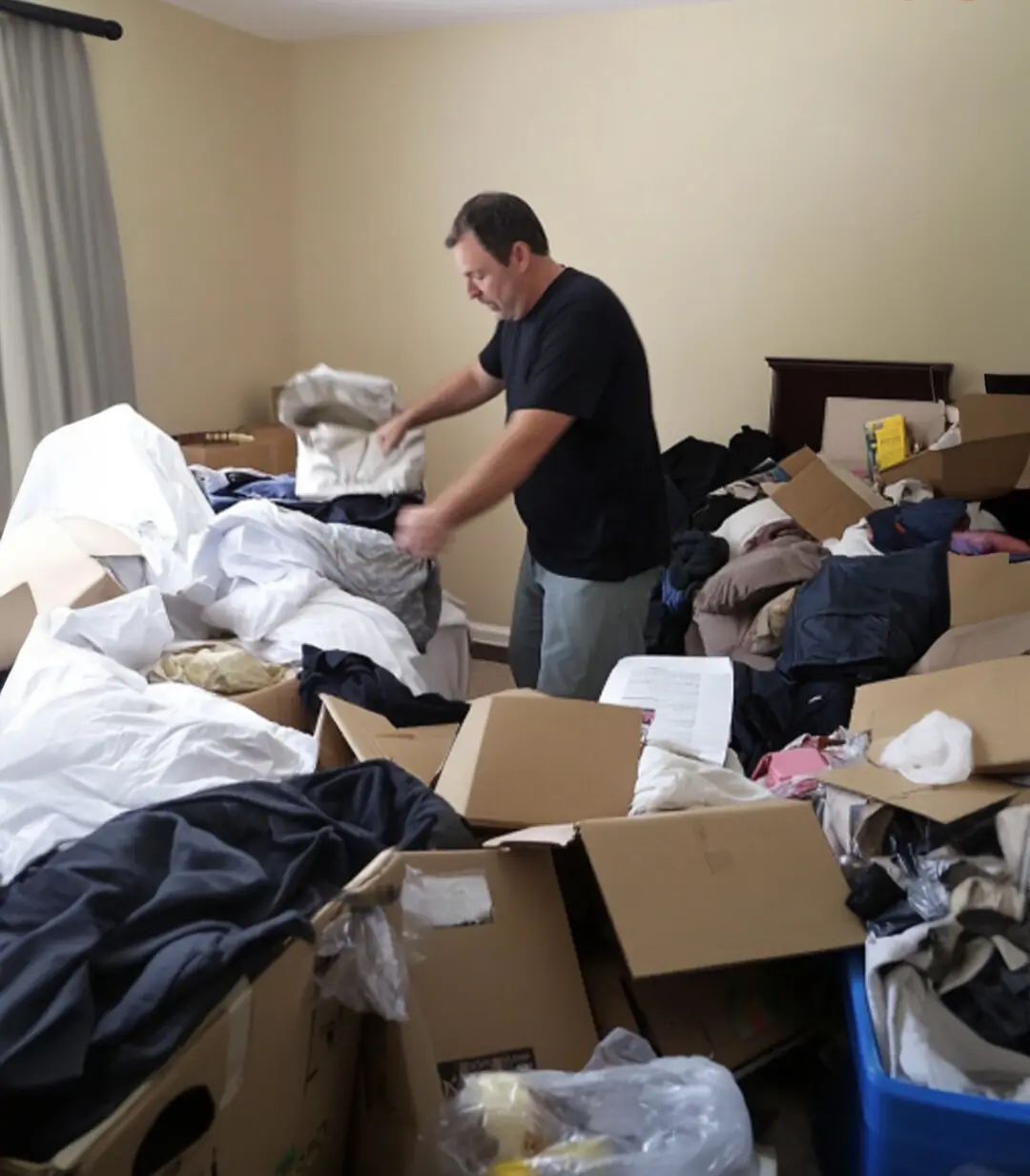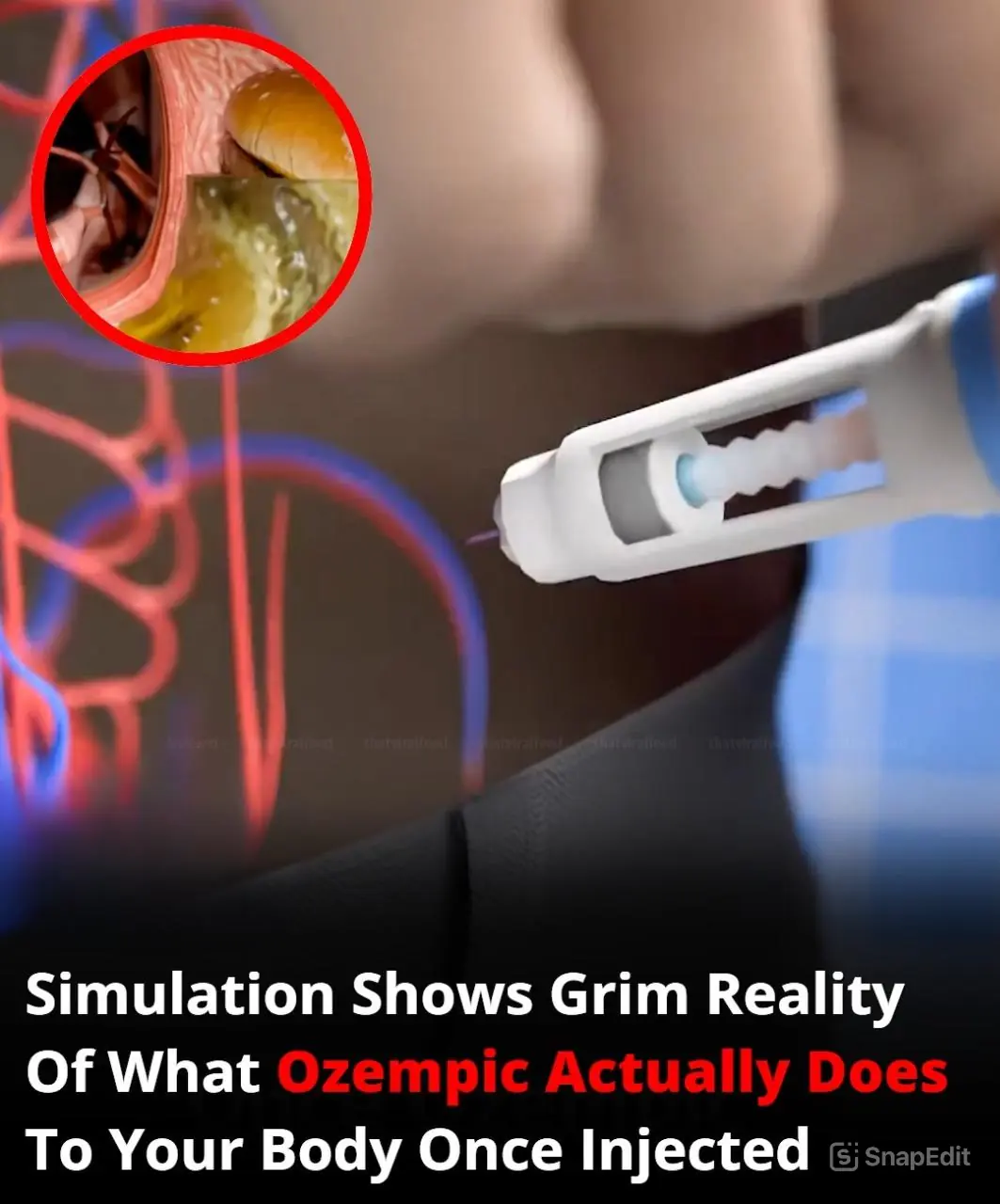
Your Feet Could Be Signaling That Your Arteries Are Clogged
Most people rarely give their feet more than a passing thought unless they hurt or become injured. However, these seemingly minor appendages might be the first to reveal signs of a serious underlying health condition—clogged arteries. While heart disease and arterial blockages are often associated with chest pain or shortness of breath, your feet can actually provide subtle and sometimes overlooked clues about your vascular health. Paying attention to these signs can make the difference between early intervention and a life-threatening event.
Clogged arteries, or atherosclerosis, occur when fatty deposits, cholesterol, and other substances build up in the arterial walls, reducing or completely blocking blood flow. This condition is not limited to the heart; it can affect arteries throughout the body, including those that supply blood to the legs and feet. Peripheral artery disease (PAD) is the term for atherosclerosis occurring in the lower limbs, and it can lead to serious complications if left untreated.
One of the most common signs of PAD is pain or cramping in the legs and feet during physical activity, such as walking or climbing stairs. This discomfort, known as intermittent claudication, often subsides with rest but returns with exertion. It happens because the muscles in your lower limbs aren’t getting enough oxygen-rich blood due to narrowed arteries. If you find yourself needing to stop and rest frequently while walking short distances, it might not just be a sign of aging—it could be a red flag for clogged arteries.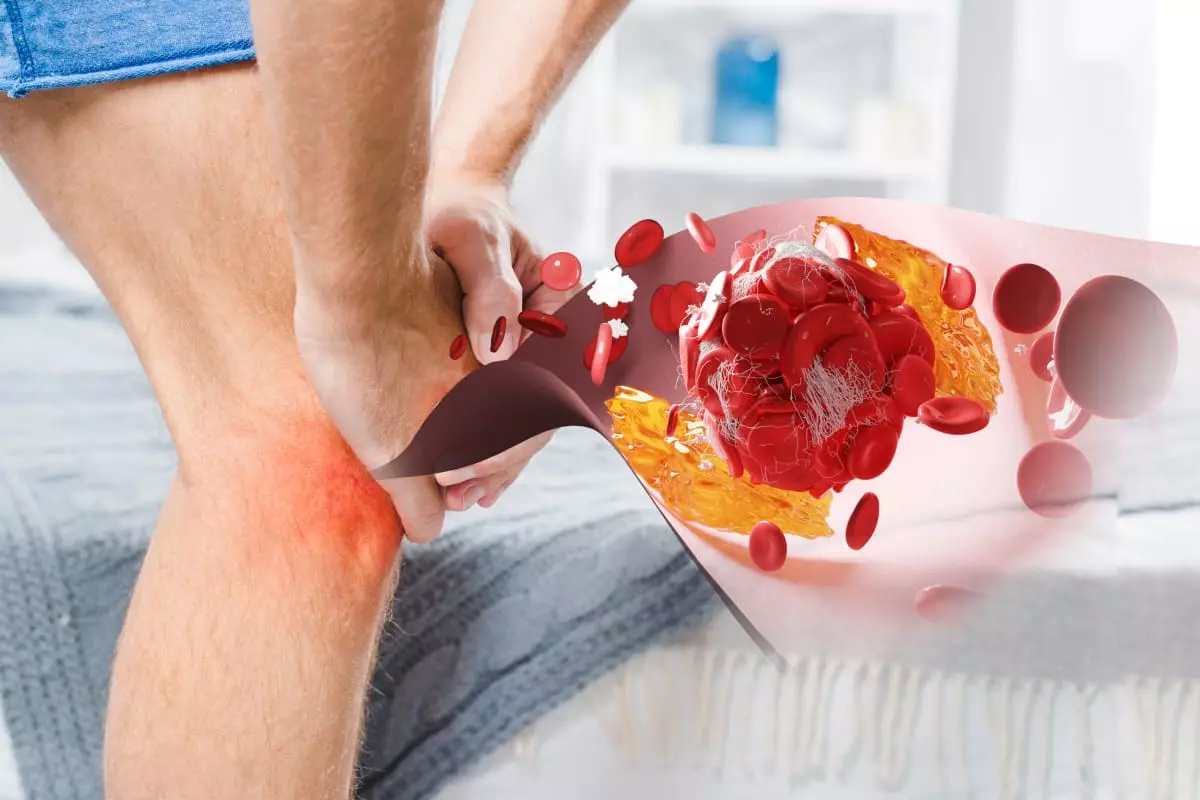
Another warning sign to watch for is cold or numb feet, especially when compared to the temperature of your upper body or one foot being significantly colder than the other. Poor blood circulation caused by arterial blockages can prevent warm, oxygenated blood from reaching your extremities. Similarly, wounds or sores on the feet and toes that take an unusually long time to heal—or don’t heal at all—can indicate reduced blood flow. Without sufficient circulation, the body cannot repair damaged tissue efficiently, increasing the risk of infections and even gangrene in severe cases.
In some cases, changes in the appearance of your feet and toes can also suggest poor circulation. For example, shiny skin, hair loss on the feet or toes, and a bluish or pale coloration might be visible indicators. Toenail growth may slow down or become distorted. These symptoms occur gradually and are easy to ignore, but they provide important insights into your vascular health.
It’s crucial not to dismiss these signs as mere inconveniences. Early detection of peripheral artery disease and atherosclerosis can help prevent heart attacks, strokes, and even limb amputation. If you notice any of these symptoms, consult a healthcare professional who can conduct a thorough examination. Simple, non-invasive tests such as the ankle-brachial index (ABI) can help determine whether you have reduced blood flow in your lower limbs.
Preventing and treating clogged arteries often involves lifestyle changes and, in some cases, medical intervention. Regular exercise, a balanced diet low in saturated fats, quitting smoking, and managing conditions like diabetes and high blood pressure can significantly improve vascular health. In more advanced cases, medications or surgical procedures may be required to restore blood flow.
In conclusion, while your feet may not be the first place you look for signs of cardiovascular trouble, they can offer important clues about your overall health. Paying attention to symptoms such as pain, coldness, discoloration, or slow-healing wounds can help detect clogged arteries early, potentially saving your life or limbs. Don’t ignore what your feet are trying to tell you—they might just be your most honest messengers.
News in the same category

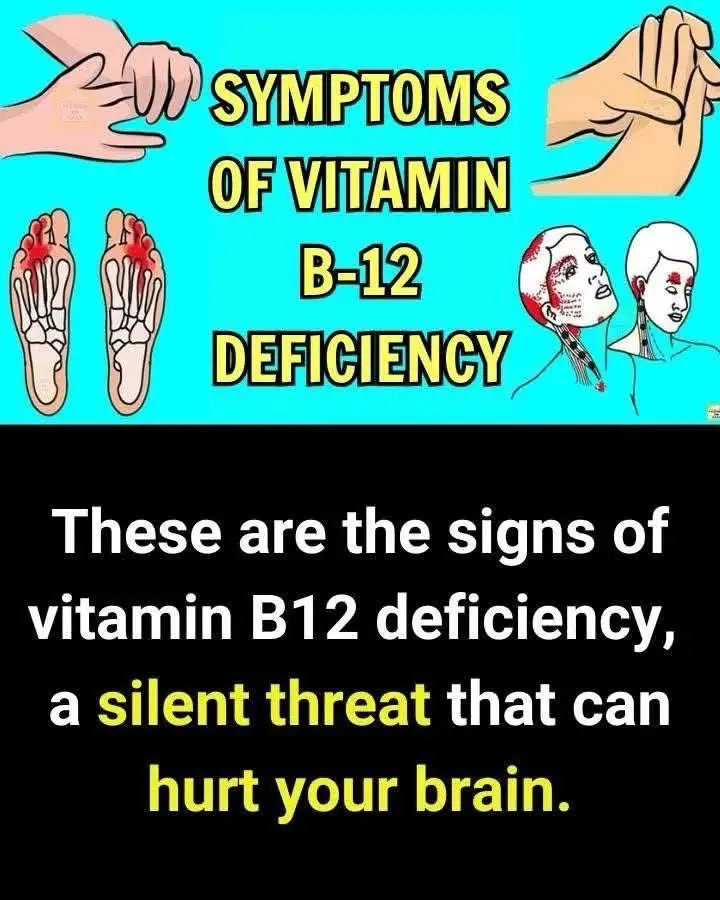
Vitamin B12 Deficiency Symptoms
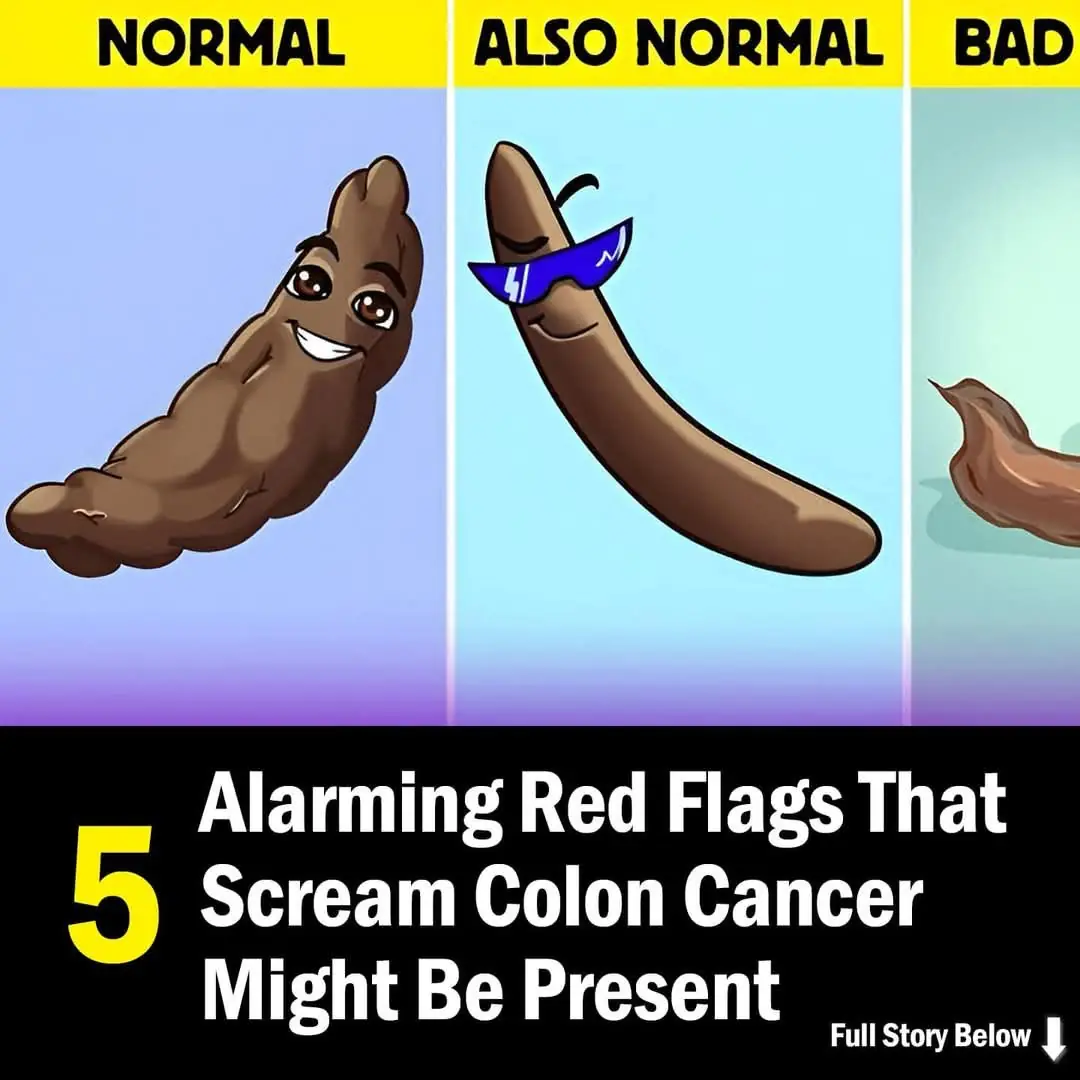
5 Early Signs of Colon Cancer You Shouldn’t Ignore
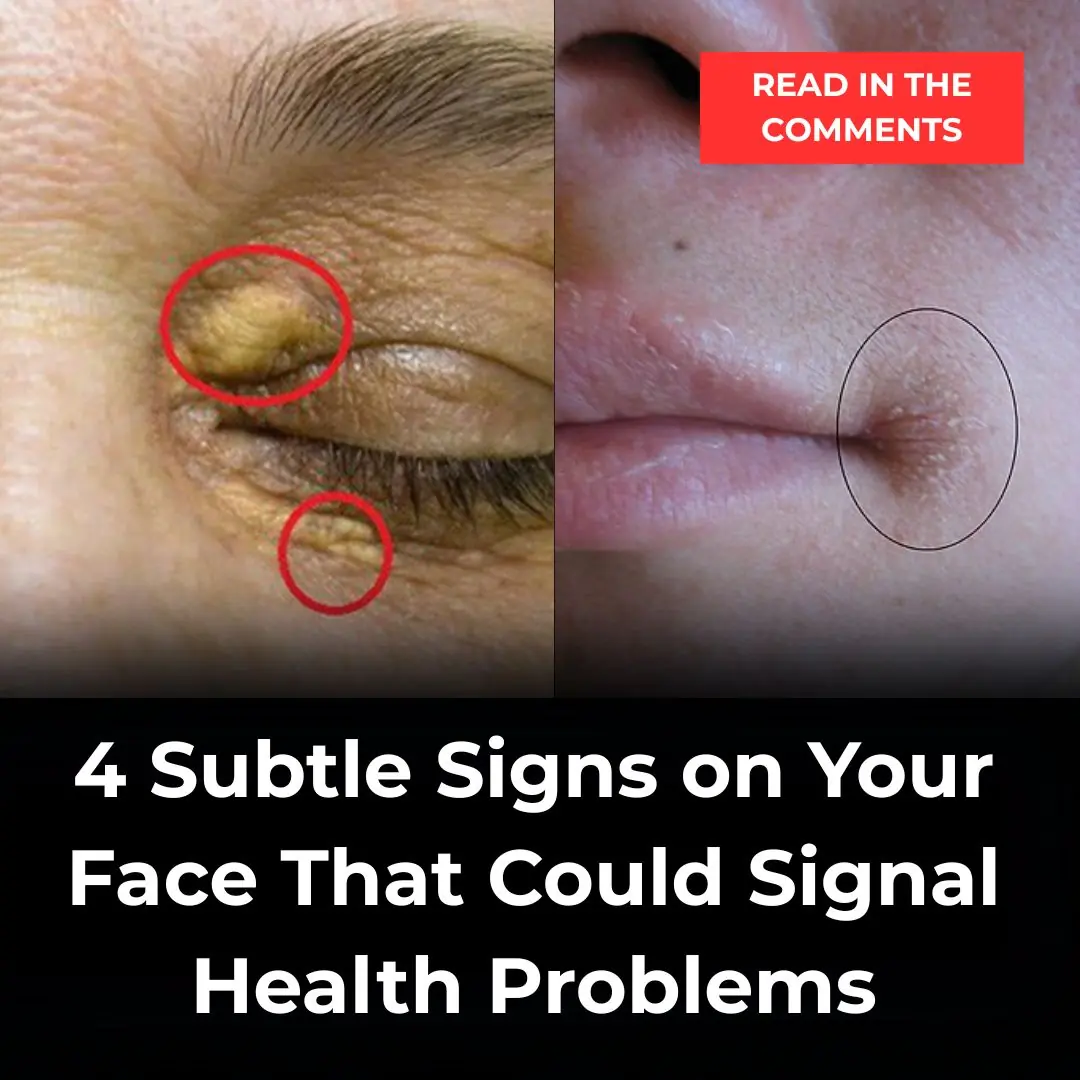
4 Subtle Signs on Your Face That Could Signal Health Problems
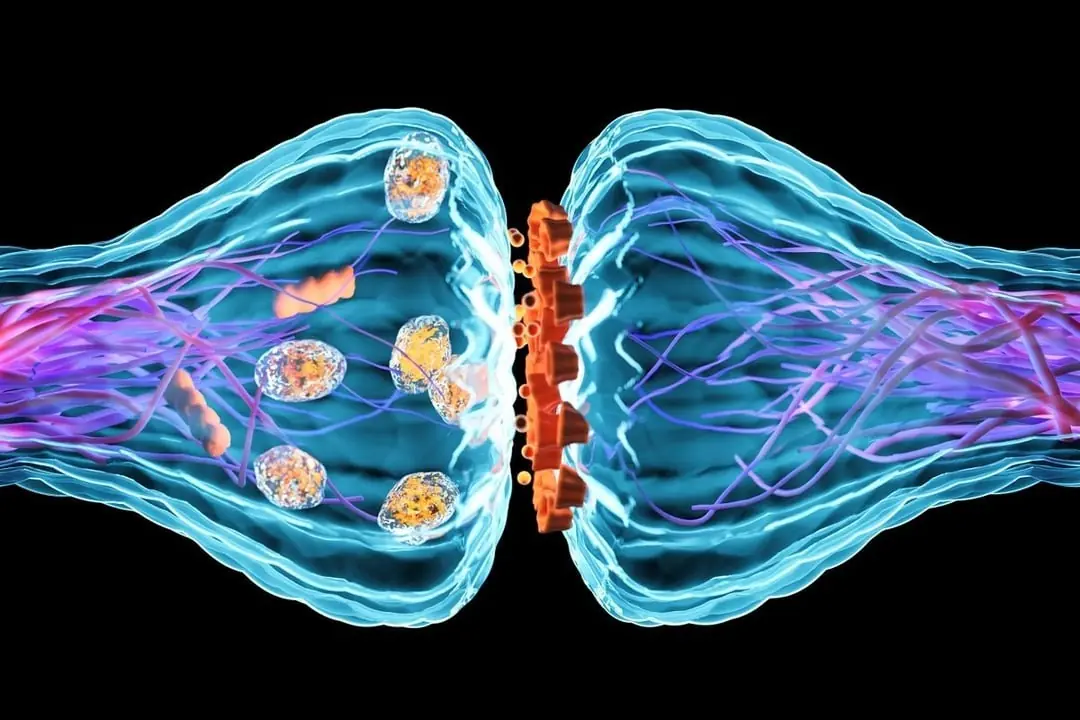
The Key to Everlasting Memories? Scientists discovered the "glue" that makes memories stick!

Listening to Music Literally Speeds Up Recovery from Surgery, Research Shows
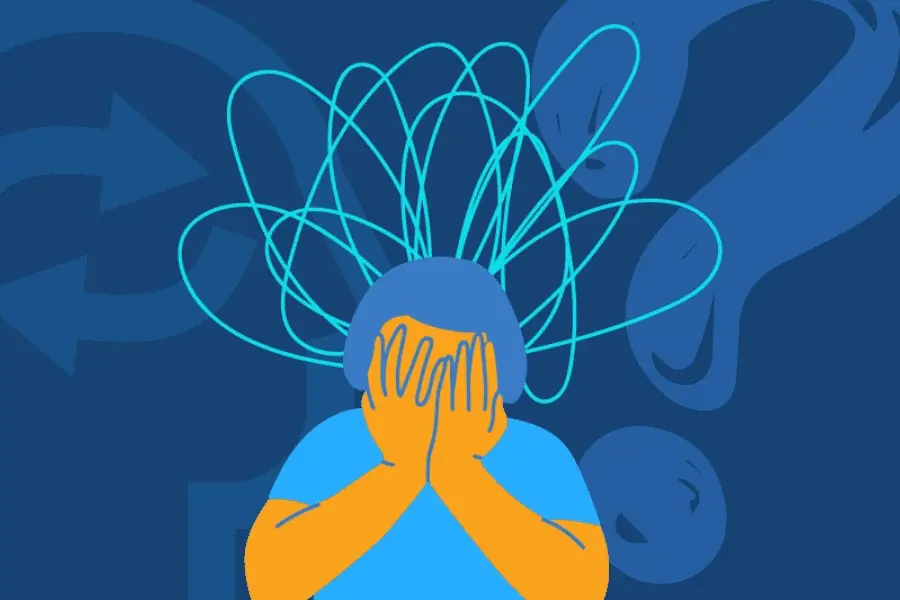
A Common Drug Used in Tylenol, Excedrin, and More Was Just Linked to ADHD
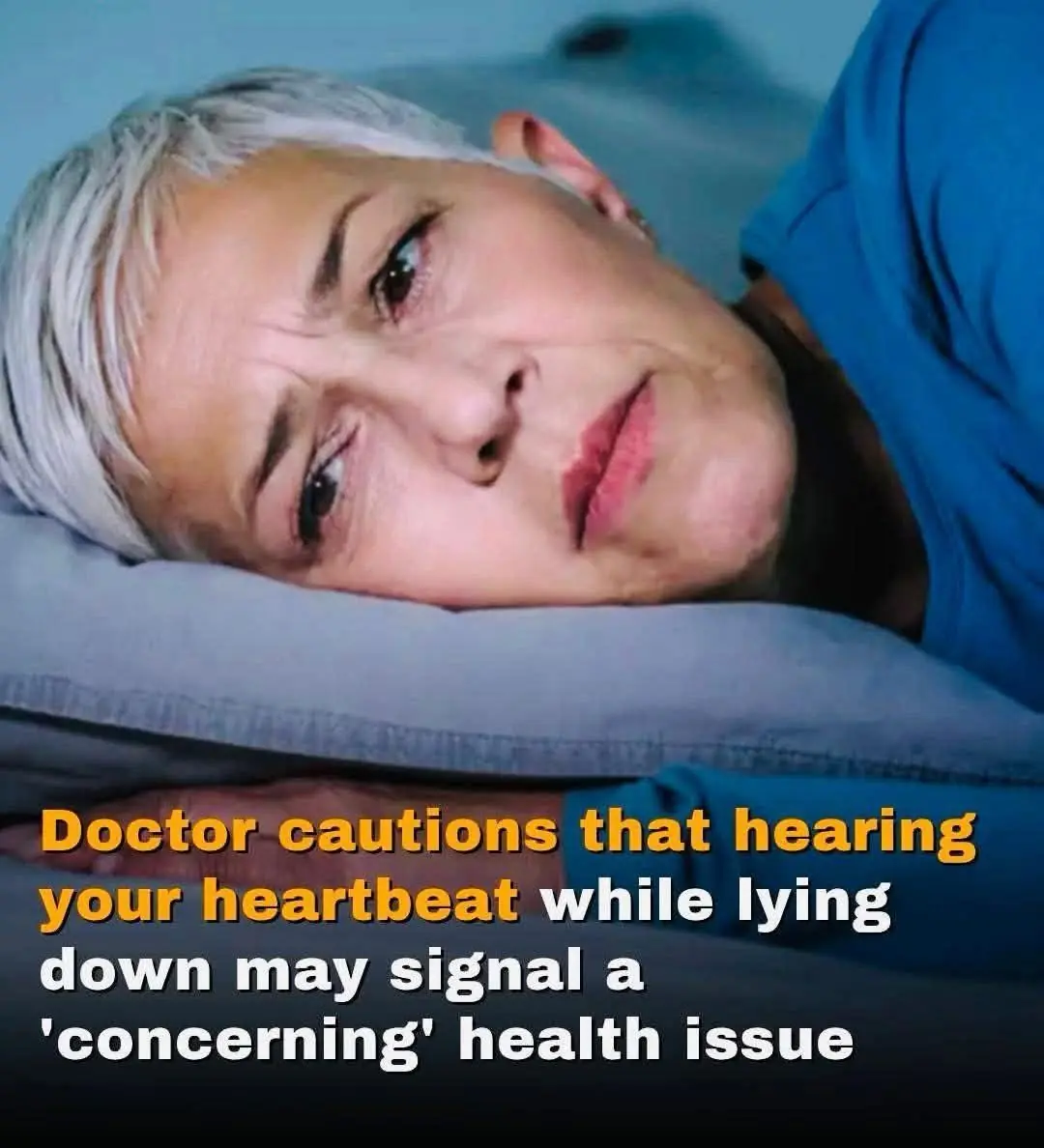
Pulsatile Tinnitus: Why You Hear Your Heartbeat While Lying Down
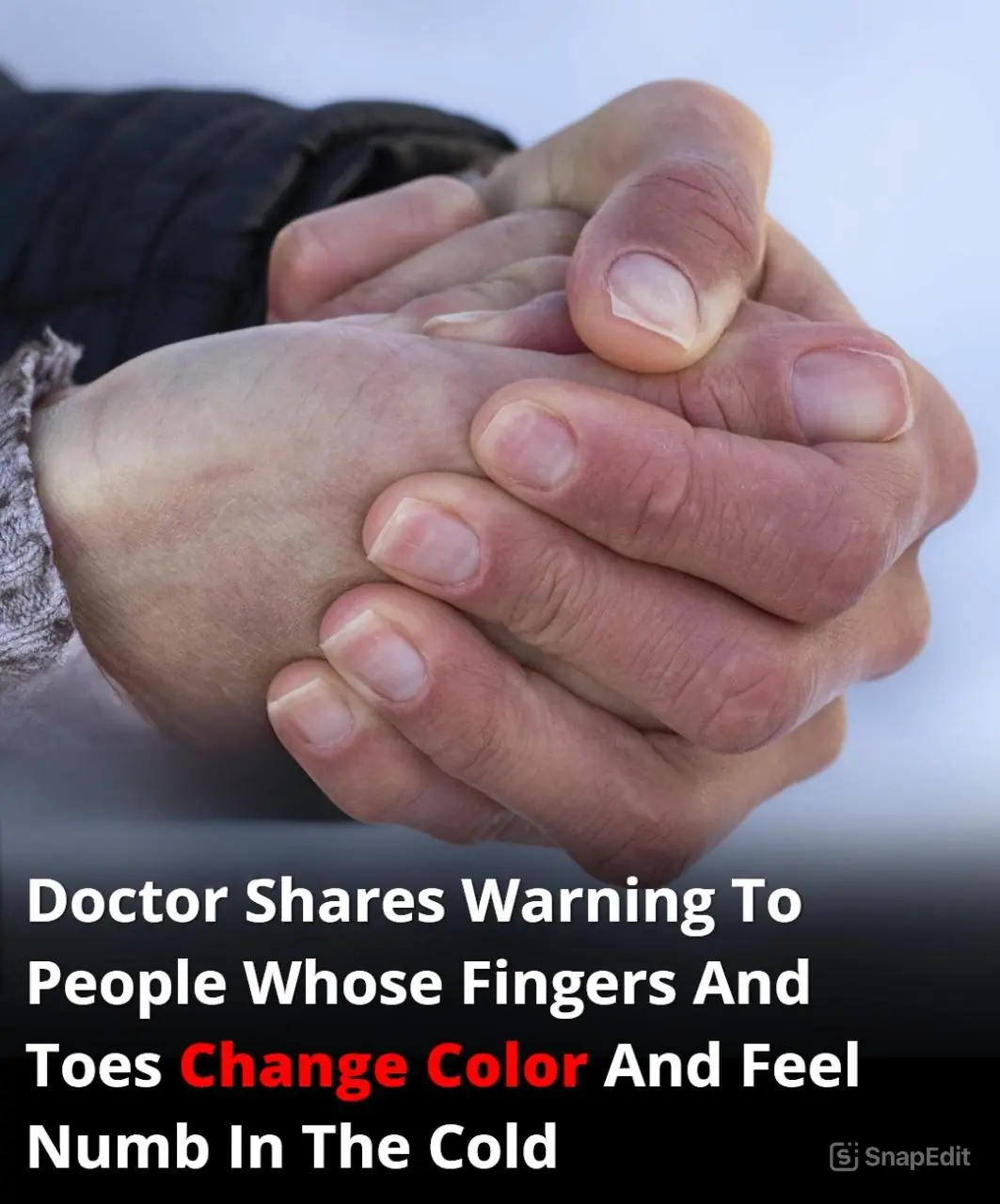
Doctor's Warning To People Whose Fingers And Toes Change Color And Feel Numb In The Cold
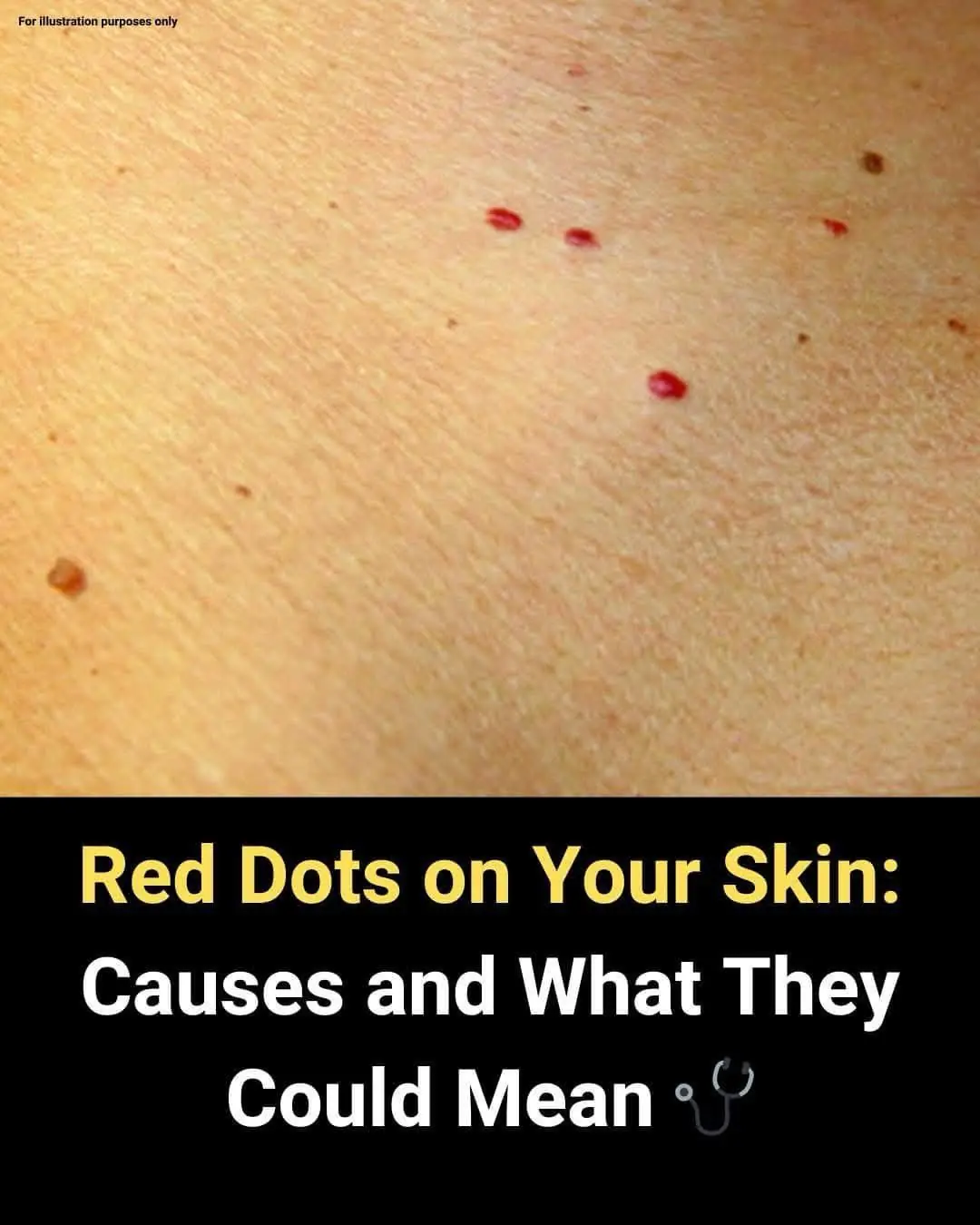
Red Spots on Skin: 13 Common Causes

Vaping vs. Smoking: New Study Says Vapes May Be More Harmful

Study Explains How the First Born Child Is Often the Most Intelligent

What 20 Seconds of Hugging Can Do for You
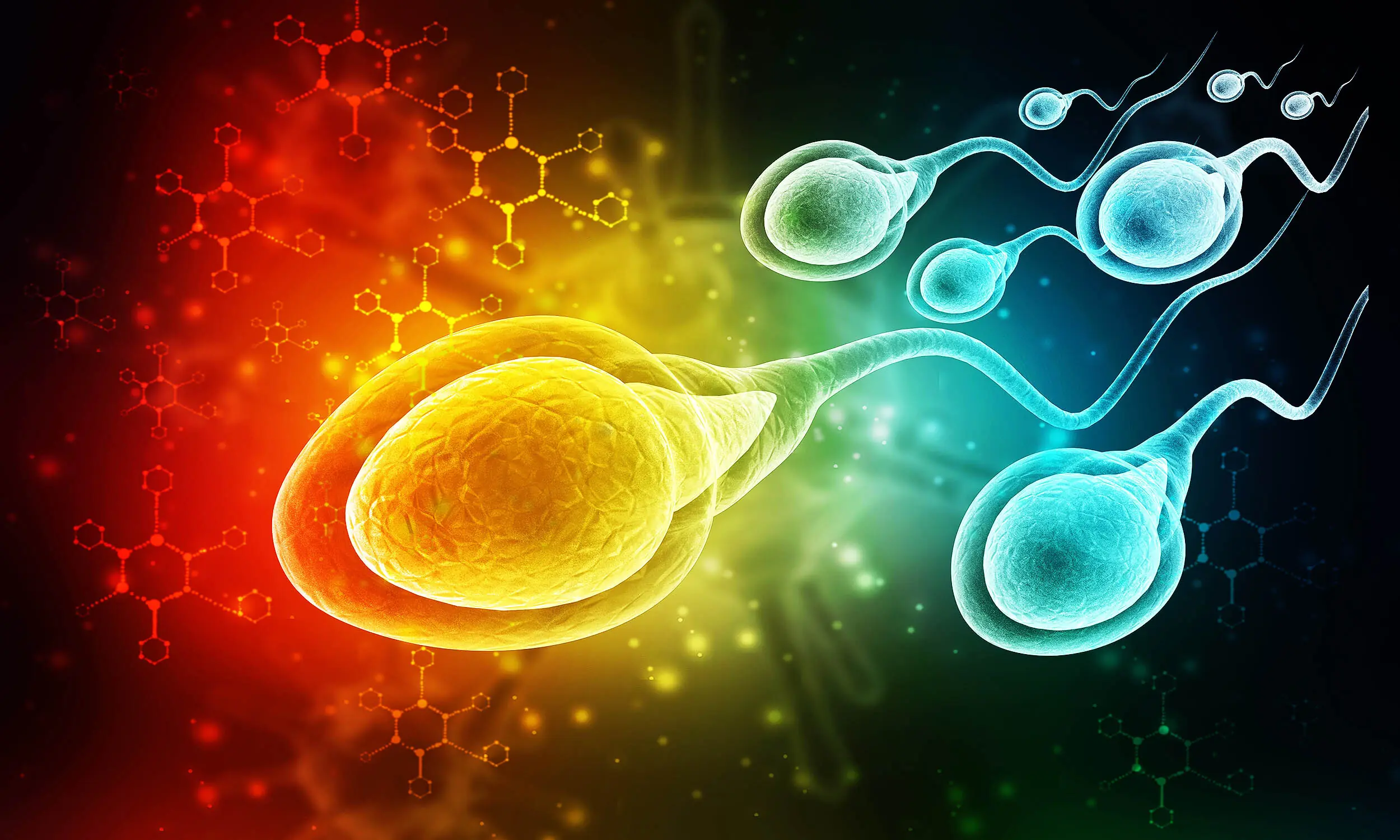
New Study Found Microplastics In Every Single Human Semen Sample
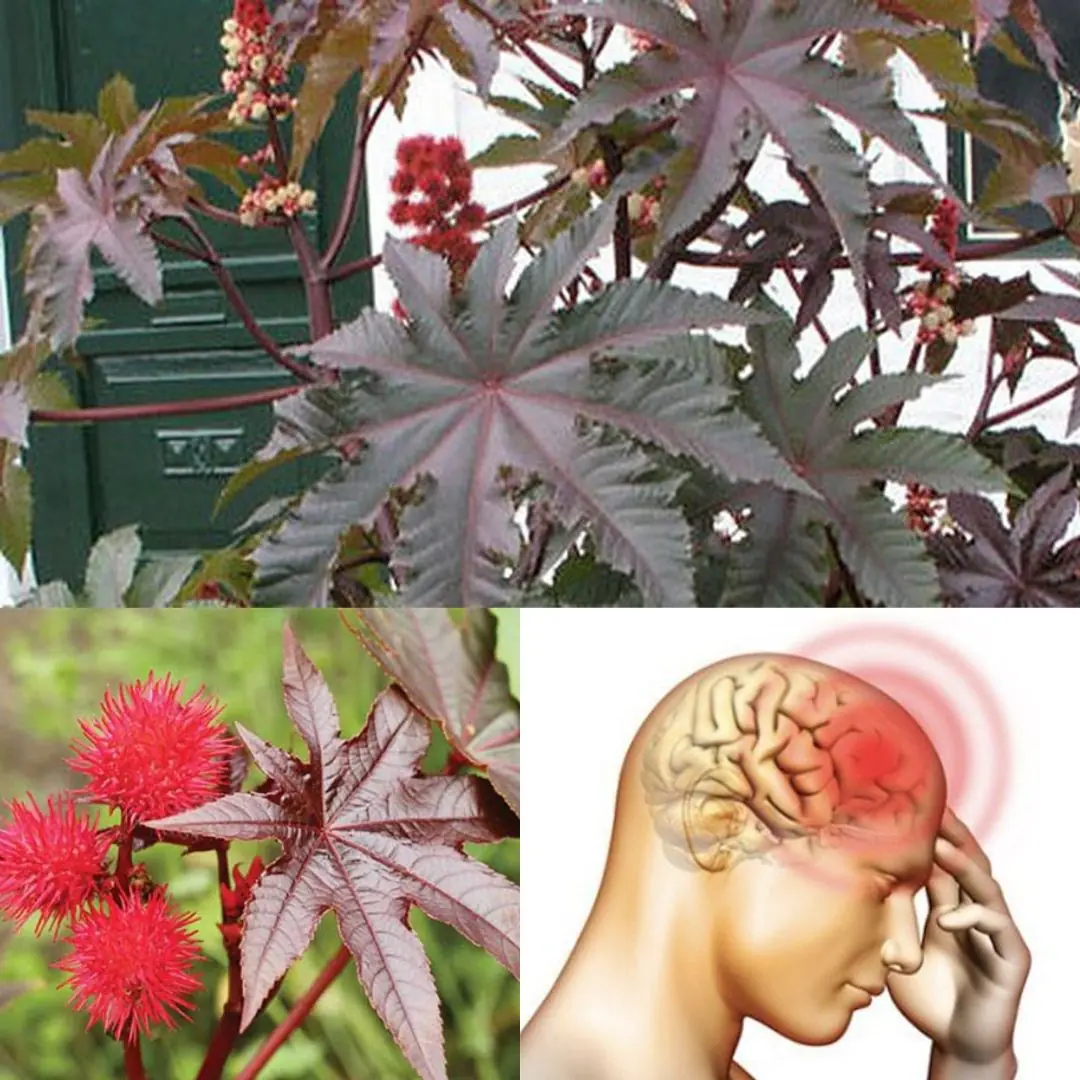
Unlock the Health Benefits of the Castor Bean Plant: A Natural Remedy for Wellness
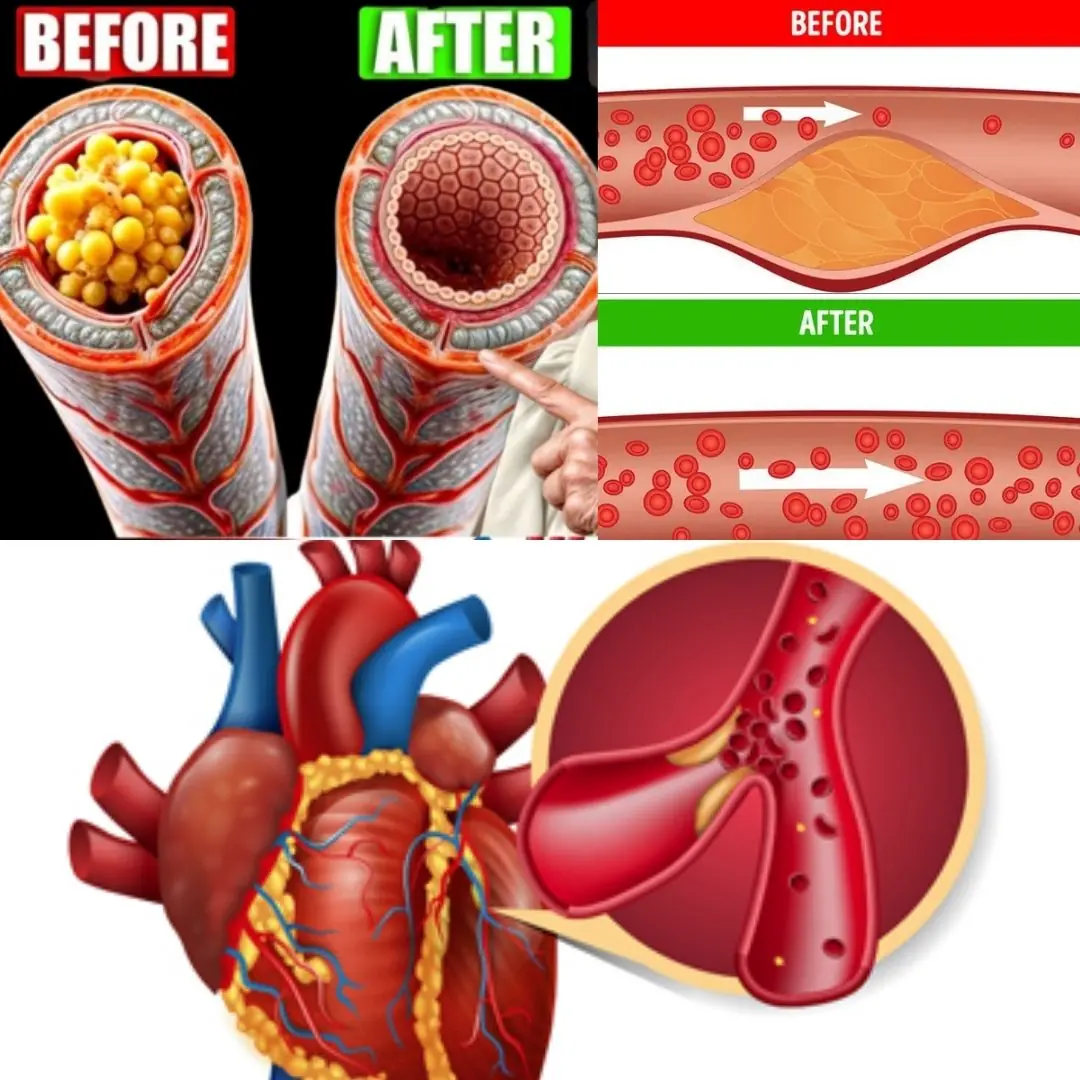
10 Vegetables That Are Good for Your Heart
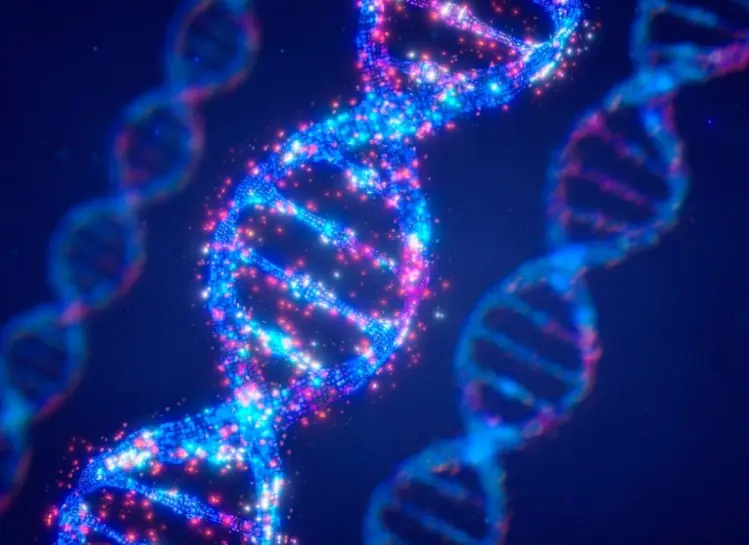
I-motif DNA structures are formed in the nuclei of human cells
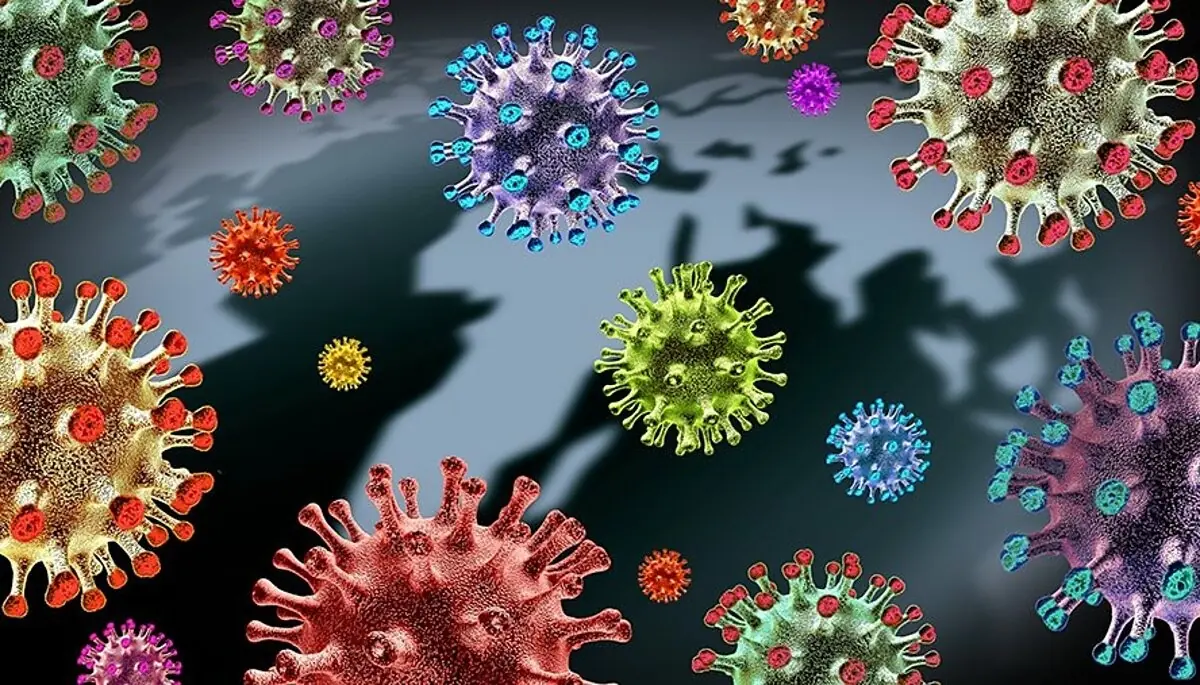
Hyperacute rejection-engineered oncolytic virus for interventional clinical trial in refractory cancer patients

36-Year-Old Teacher Dies From Diabetes Doctors Say Was Triggered By Everyday Foods
News Post

Simulation Reveals Shocking Truth About What Ozempic Does To Your Body After Injection

Vitamin B12 Deficiency Symptoms

5 Early Signs of Colon Cancer You Shouldn’t Ignore

4 Subtle Signs on Your Face That Could Signal Health Problems

Girls Visit Dad's Grave to 'Show' Their New Dresses as He Asked, See 2 Boxes with Their Names

Turns Out I Rented an Apartment to My Husband's Mistress, and Their Next Date There Was One I'll Never Forget

Neighbor Mocks Poor Woman for Filthy Look of Her House, Apologizes after She Sets Foot Inside

My Wife Kicked Me Out of the House Because of the Sudden Confession of My Director

My Son’s New Classmates Turned Him from a Straight-A Student into a Troublemaker — But I Didn’t Give Up on Him

After My Brother's Funeral, His Widow Gave Me a Letter – I Wasn't Ready for What He'd Confessed

The Key to Everlasting Memories? Scientists discovered the "glue" that makes memories stick!

Listening to Music Literally Speeds Up Recovery from Surgery, Research Shows

A Common Drug Used in Tylenol, Excedrin, and More Was Just Linked to ADHD

Pulsatile Tinnitus: Why You Hear Your Heartbeat While Lying Down

Doctor's Warning To People Whose Fingers And Toes Change Color And Feel Numb In The Cold

Red Spots on Skin: 13 Common Causes

Vaping vs. Smoking: New Study Says Vapes May Be More Harmful

Businessman Loses All Hope After His Diagnosis, but One Hospital Encounter Changes Everything

My Husband's 'Business Partner' Showed Up at Our Door and Mistook Me for the Cleaning Lady — I Decided to Play Along
